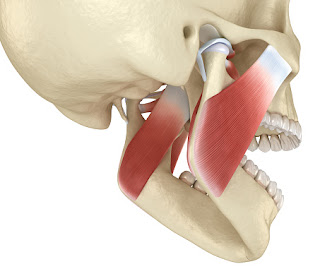Vertigo: Causes and Treatment
Vertigo is a sensation of feeling off balance. If you have these dizzy spells, you might feel like you are spinning or that the world around you is spinning. Vertigo is often caused by an inner ear problem. Some of the most common causes include:
BPPV: occurs when tiny calcium particles (canaliths) clump up in canals of the inner ear. The inner ear sends signals to the brain about head and body movements relative to gravity.
Meniere's disease: This is an inner ear disorder thought to be caused by a buildup of fluid and changing pressure in the ear.
Treating vertigo is depends on what's causing it. In many cases, vertigo goes away without any treatment. This is because your brain is able to adapt, at least in part, to the inner ear changes, relying on other mechanisms to maintain balance. If you seek treatment, your doctor will base it on the cause of your condition and your symptoms. It may include medications and balance exercises. Even if no cause is found or if your dizziness persists, prescription drugs and other treatments may make your symptoms more manageable.
Water pills. If you have Meniere's disease, your doctor may prescribe a water pill. This along with a low-salt diet may help reduce how often you have dizziness episodes.
Medications that relieve dizziness and nausea. Your doctor may prescribe drugs to provide immediate relief from vertigo, dizziness and nausea, including prescription antihistamines and anticholinergics. Many of these drugs cause drowsiness.
Anti-anxiety medications. Diazepam (Valium) and alprazolam (Xanax) are in a class of drugs called benzodiazepines, which may cause addiction. They may also cause drowsiness.
Preventive medicine for migraine. Certain medicines may help prevent migraine attacks.
Head position maneuvers. A technique called canalith repositioning or Epley maneuver usually helps resolve benign paroxysmal positional vertigo more quickly than simply waiting for your dizziness to go away. It can be done by your doctor, an audiologist or a physical therapist and involves maneuvering the position of your head. It's usually effective after one or two treatments. Before undergoing this procedure, tell your care provider if you have a neck or back condition, a detached retina, or blood vessel problems.
Balance therapy. You may learn specific exercises to help make your balance system less sensitive to motion. This physical therapy technique is called vestibular rehabilitation. It is used for people with dizziness from inner ear conditions such as vestibular neuritis.
Psychotherapy. This type of therapy may help people whose dizziness is caused by anxiety disorders.
If you tend to feel lightheaded when you stand up, take your time making changes in posture. If you have had episodes of dizziness while driving, arrange for alternate transportation while you're waiting to see your doctor.




Comments
Post a Comment